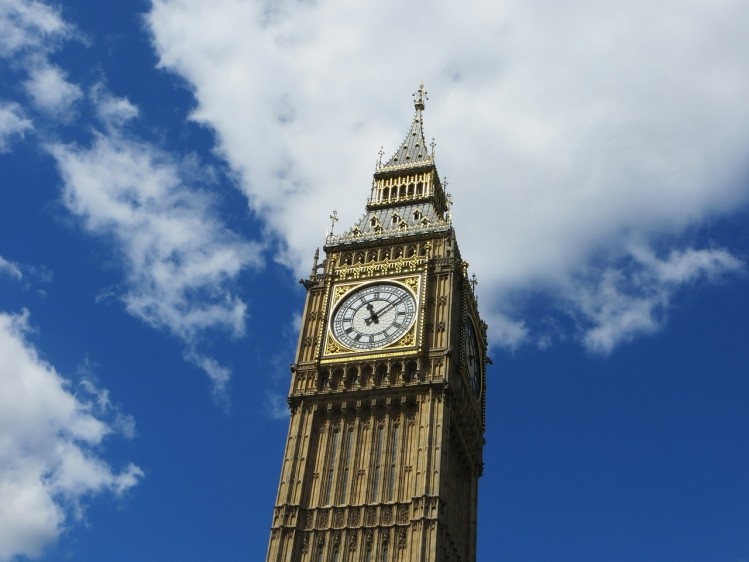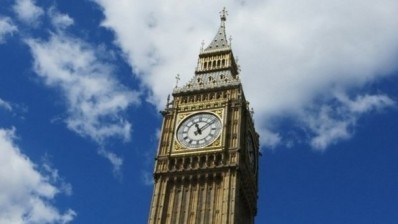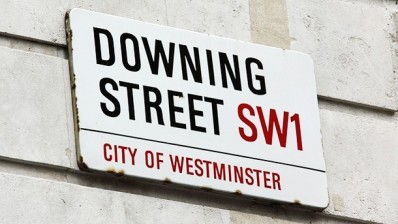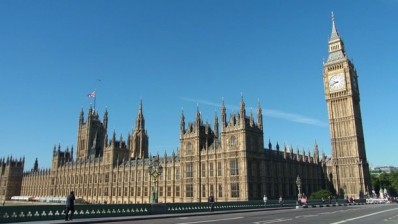General election 2015: what it could mean for hospitality

BigHospitality looks at the planned measures announced by the main political parties so far, plus the areas of contention, and assesses what impact they could have on the sector.
Minimum wage
Currently set at £6.50 for adults, a new rate will come into force in October whoever wins the election.
Should Labour gain power, leader Ed Miliband has pledged to increase the minimum wage to £8 an hour by 2020 – a pledge that industry leaders claim could potentially hurt businesses and lead to fewer jobs.
The Government, meanwhile, has handed over its annual minimum wage remit to the Low Pay Commission (LPC).
The LPC is currently debating whether or not to recommend a rate increase of 50p, to £7, in October, keeping it in-line with inflation. Chancellor George Osborne has already suggested that the rate could increase to this figure as the economy improves.
The Conservatives are also debating a motion to raise the minimum wage at a higher rate than inflation, which would likely mean it would be around £8 by 2020 – the same amount as promised by Labour.
In addition, both the Tories and the Liberal Democrats say they will lift the tax-free personal allowance on income tax from £10,000 to £12,500 by 2020, which would have fewer negative impacts on businesses.
Zero-hour contracts
Unions claim that one in five workers in hospitality is on a zero-hour contract, and they expect that figure to grow.
The Government has already banned exclusivity clauses in zero-hour contracts back in June, but Labour wants to take this further.
Miliband plans to ban ‘exploitative’ zero-hour contracts – which are used even when people work regular hours, requiring people to be available out of their contracted hours and allowing employers to cancel shifts short-notice. However, opponents claim these measures might remove the flexibility needed in hospitality.
Apprenticeships
Improving and developing the apprenticeship system is a big part of most leading parties’ plans, and this should have a positive impact on a sector that relies heavily on apprentices to form its skilled workforce.
Following the Autumn Statement announcement that National Insurance contributions would be scrapped for apprenticeships, Prime Minister David Cameron has plans to fund three million new apprenticeships through stricter conditions on youth benefits, if the Conservatives win a clear majority.
The Government is already in the process of developing three new hospitality apprenticeship standards through its apprenticeship ‘trailblazers’ programme.
Furthermore, this week it reaffirmed its commitment to give employers direct control of funding for the training of apprentices, despite consultation feedback that found further detailed design work is needed before there can be a final decision on how this would work in practice.
Labour wants as many young people to go on an apprenticeship as currently go to university by 2025.
Miliband has also pledged to give businesses more control over apprenticeships in exchange for offering more opportunities, while raising ‘the standard and quality of apprenticeships so they last a minimum of two years’.
Under the current coalition, business secretary Vince Cable plans to increase the national minimum wage for apprentices from £2.73 to £3.79 an hour, to come into effect October 2015.
Business rates
The Autumn Statement included welcome measures regarding business rates – the continuation of the 2 per cent cap on increases, and the launch of a complete review of the rates post-election – measures backed by both Conservatives and Liberal Democrats.
Despite this, retailers have demanded talks with the Government about its proposed review, citing concerns that it could be severely restricted by a pledge to keep any reforms ‘fiscally neutral’.
Labour promises to cut business rates in 2015 and then freeze them in 2016 for more than 1.5 million business properties – a freeze repeatedly called for by hospitality associations.
Finance
Banking and finance legislation could also affect the hospitality sector in its ability to secure funding.
Labour wants to increase competition in the sector with at least two new ‘challenger banks’ on the high street.
Additionally, Miliband’s party wants to increase alternatives, by introducing a new levy on payday lenders and using the funds collected to boost low-cost alternatives like credit unions, as well as creating a British Investment Bank with regional branches to boost lending for small businesses.
The Tories have also expressed a desire for more competition, following the opening of examples such as Metro Bank and Virgin Money.
All these initiatives would be likely to have a positive impact on hospitality businesses, which need variety in their fundraising.
VAT
Far from reducing VAT, current debate surrounds whether the main parties will increase the rate.
This week, Minister for Government Policy Oliver Letwin said the VAT rate on tourist businesses could only be lowered once the budget went back into surplus.
Cameron, meanwhile, has resisted repeated attempts by Labour to rule out a rise in VAT. Miliband has tentatively said ‘there are no plans’ for Labour to raise the rate.

































